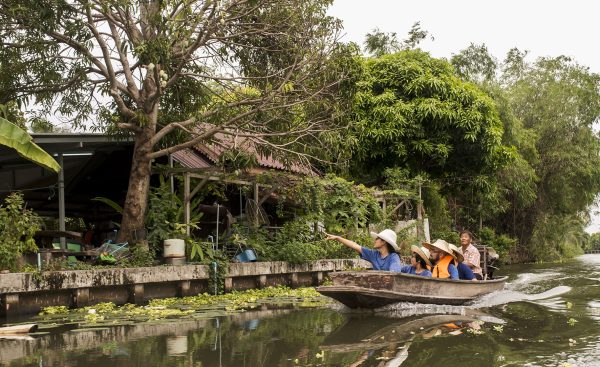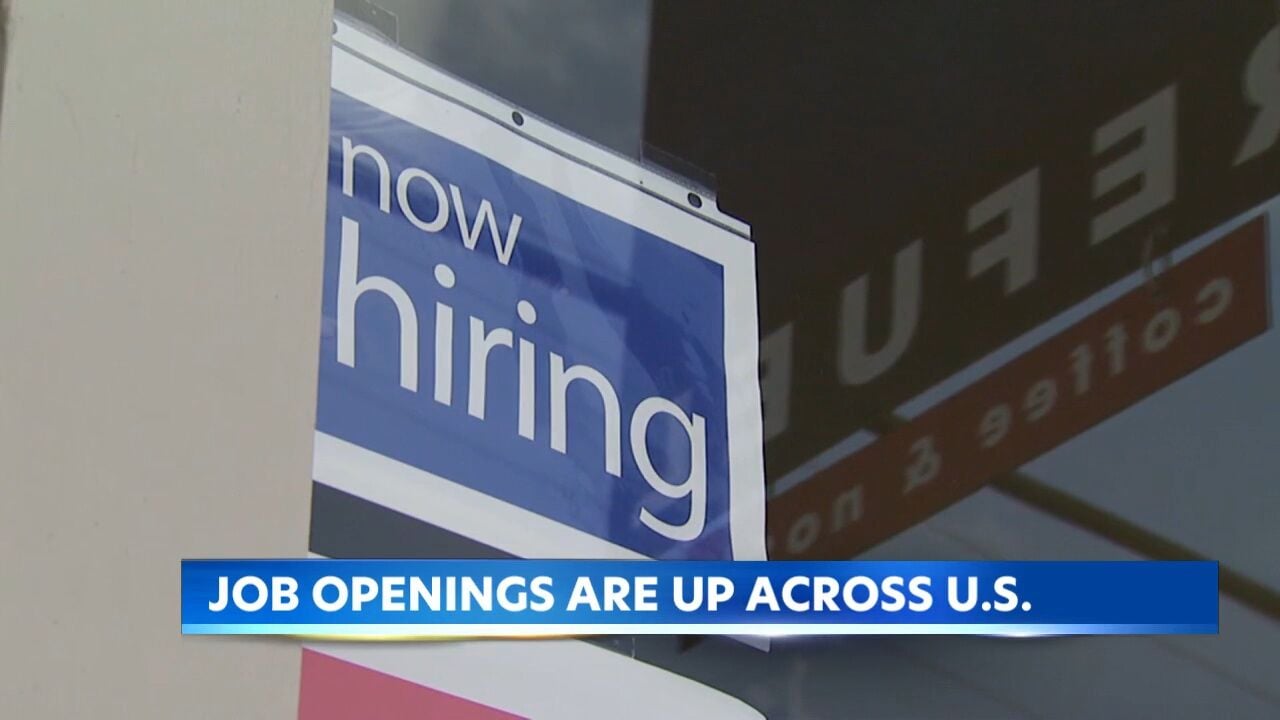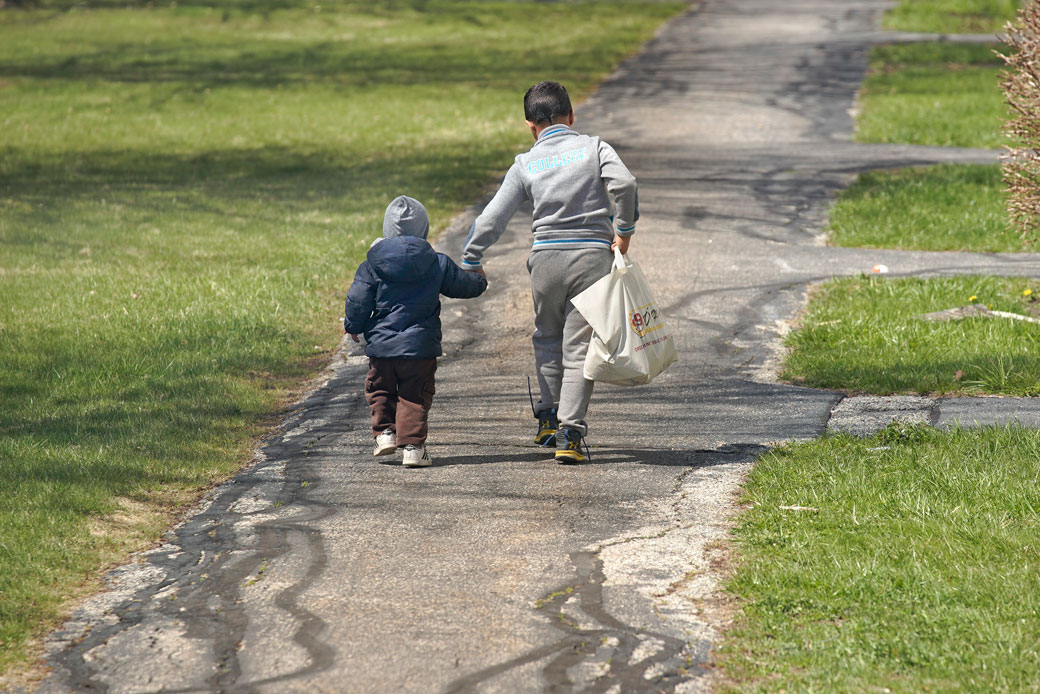
BANGKOK, 10 October 2023
New research from Oxford Economics reveals that Airbnb is an important pillar of Thailand’s tourism industry, playing a crucial role in the industry’s contribution to GDP and employment.
The report, commissioned by Airbnb, found that the platform’s activities contributed over THB31 billion to Gross Domestic Product and supported almost 56,500 Thai jobs in 2022 alone – accounting for approximately 1.7% of the tourism industry’s contribution to GDP.
Contribution to Sustainable Development Goals (SDGs)
- Affordable and Clean Energy
- Decent Work and Economic Growth
- Industry, Innovation, and Infrastructure
- Sustainable Cities and Communities
- Responsible Consumption and Production
- Partnerships for the Goals

The report also highlighted the powerful multiplier effect Airbnb guest spending has within local communities. In 2022, Airbnb guests spent almost THB 41 billion in Thailand, including in restaurants, retail stores, transportation, and accommodation. This marked an increase of nearly 500% from 2021, reaching 72% of 2019 pre-pandemic levels. On average, guests spent THB 34,000 during their trip.
Key Findings
- Airbnb activities contributed over THB 31 billion to Thailand’s economy and jobs in 2022.
- Airbnb supported almost 56,500 Thai jobs in 2022 alone.
- Airbnb guests spent almost THB 41 billion in Thailand in 2022.
- Guest spending increased by nearly 500% from 2021.
- Guest spending reached 72% of 2019 pre-pandemic levels.
The report also explores two profound changes in travel behavior since the pandemic: long-term stays driven by the emergence of flexible work arrangements and tourism dispersal from urban to rural areas.
Impact on Sustainable Development Goals (SDGs)
- Decent Work and Economic Growth
- Sustainable Cities and Communities
- Responsible Consumption and Production
As international travel rebounded, the US was Thailand’s largest origin market, accounting for 14% of international Airbnb guests. Notably, long-term stays (i.e. those staying for 28+ nights) accounted for 35.6% of total guest nights in Thailand in 2022, up from 13.9% in 2019.
The report found that Airbnb could re-distribute the benefits of tourism spending to areas outside the central provinces of Bangkok and Phuket as guest spending grew in regions such as Koh Samui, Pattaya, and Krabi between 2020 and 2022. Koh Samui saw spending surpass pre-pandemic levels – up 12% from 2019 to 2022.
Conclusion
Mich Goh, Airbnb’s Head of Public Policy for Southeast Asia, India, Hong Kong, and Taiwan, shared: “The economic contribution to both GDP and jobs driven by travel on Airbnb in Thailand has created powerful economic ripple effects that have enabled the growth of local businesses, such as shops, restaurants, bars, and cafes — which are often central to how travelers experience a destination — and created job opportunities for the locals.
“The growth of the long-term stays segment since 2020 — enabled by flexible work policies and supported by Airbnb’s Live and Work Anywhere initiative with the Tourism Authority of Thailand — is also helping destinations such as Thailand to attract guests who stay longer and spend more per trip. As destinations across Thailand continue to recover, we are committed to partnering with governments and communities to rebuild their tourism economies in an equitable, inclusive, and sustainable way,” Goh added.
SDGs, Targets, and Indicators
1. Which SDGs are addressed or connected to the issues highlighted in the article?
- SDG 8: Decent Work and Economic Growth
- SDG 9: Industry, Innovation, and Infrastructure
- SDG 11: Sustainable Cities and Communities
- SDG 12: Responsible Consumption and Production
- SDG 17: Partnerships for the Goals
The issues highlighted in the article are connected to these SDGs because they involve the economic contribution of Airbnb to Thailand’s tourism industry, job creation, and the redistribution of tourism spending to different regions.
2. What specific targets under those SDGs can be identified based on the article’s content?
- Target 8.9: By 2030, devise and implement policies to promote sustainable tourism that creates jobs and promotes local culture and products.
- Target 9.1: Develop quality, reliable, sustainable, and resilient infrastructure, including regional and transborder infrastructure, to support economic development and human well-being, with a focus on affordable and equitable access for all.
- Target 11.4: Strengthen efforts to protect and safeguard the world’s cultural and natural heritage.
- Target 12.8: By 2030, ensure that people everywhere have the relevant information and awareness for sustainable development and lifestyles in harmony with nature.
- Target 17.17: Encourage and promote effective public, public-private, and civil society partnerships, building on the experience and resourcing strategies of partnerships.
These targets are relevant because they address the need for sustainable tourism, infrastructure development, cultural and natural heritage protection, sustainable consumption, and partnerships.
3. Are there any indicators mentioned or implied in the article that can be used to measure progress towards the identified targets?
Yes, there are indicators mentioned in the article that can be used to measure progress towards the identified targets:
- Gross Domestic Product (GDP): The contribution of Airbnb activities to Thailand’s GDP can be measured to assess the economic impact of sustainable tourism (Target 8.9).
- Employment: The number of jobs supported by Airbnb’s activities can be measured to evaluate the job creation aspect of sustainable tourism (Target 8.9).
- Guest spending: The amount of money spent by Airbnb guests in local communities can be measured to assess the economic benefits and redistribution of tourism spending (Target 8.9).
- Long-term stays: The percentage of long-term stays can be measured to evaluate the impact of flexible work arrangements on tourism behavior (Target 8.9).
- Guest nights: The percentage of guest nights accounted for by long-term stays can be measured to assess the shift in travel behavior towards longer stays (Target 8.9).
- Regional spending: The growth of guest spending in regions outside central provinces can be measured to evaluate the redistribution of tourism benefits (Target 8.9).
These indicators provide measurable data to track progress towards the identified targets.
SDGs, Targets, and Indicators
| SDGs | Targets | Indicators |
|---|---|---|
| SDG 8: Decent Work and Economic Growth | Target 8.9: By 2030, devise and implement policies to promote sustainable tourism that creates jobs and promotes local culture and products. | Gross Domestic Product (GDP), Employment, Guest spending, Long-term stays, Regional spending |
| SDG 9: Industry, Innovation, and Infrastructure | Target 9.1: Develop quality, reliable, sustainable, and resilient infrastructure, including regional and transborder infrastructure, to support economic development and human well-being, with a focus on affordable and equitable access for all. | N/A |
| SDG 11: Sustainable Cities and Communities | Target 11.4: Strengthen efforts to protect and safeguard the world’s cultural and natural heritage. | N/A |
| SDG 12: Responsible Consumption and Production | Target 12.8: By 2030, ensure that people everywhere have the relevant information and awareness for sustainable development and lifestyles in harmony with nature. | N/A |
| SDG 17: Partnerships for the Goals | Target 17.17: Encourage and promote effective public, public-private, and civil society partnerships, building on the experience and resourcing strategies of partnerships. | N/A |
Behold! This splendid article springs forth from the wellspring of knowledge, shaped by a wondrous proprietary AI technology that delved into a vast ocean of data, illuminating the path towards the Sustainable Development Goals. Remember that all rights are reserved by SDG Investors LLC, empowering us to champion progress together.
Source: ttrweekly.com

Join us, as fellow seekers of change, on a transformative journey at https://sdgtalks.ai/welcome, where you can become a member and actively contribute to shaping a brighter future.






